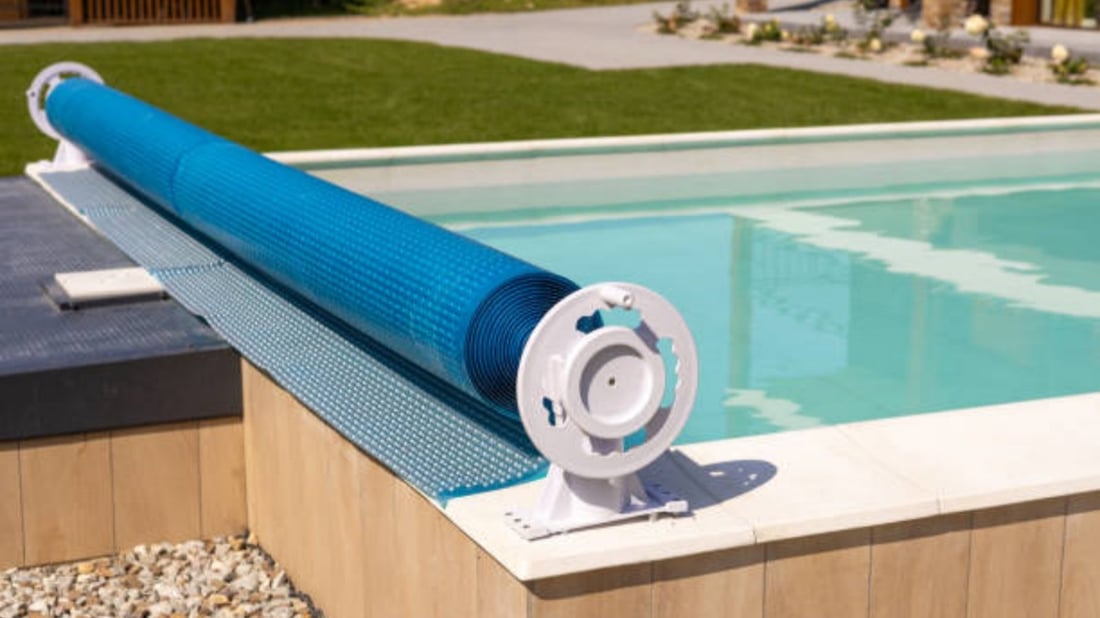When it comes to owning a pool, one of the biggest questions is whether to cover it or leave it uncovered. Many pool owners have different opinions on this topic, and there are several factors to consider when deciding what to do with your pool. Below, we will explore both options and what they offer.
Benefits of Covering a Pool
Covering a pool has several advantages that make it worth considering. Below are some of the key benefits of covering your pool when it isn't in use:
- Prevents debris from entering the pool
- Reduces evaporation and chemical loss
- Helps keep the water clean by blocking sunlight
- Improves safety by preventing accidental falls
Types of Pool Covers
There are many different types of pool covers available, each offering a unique set of benefits. Here are some of the most common types:
- Solid covers - these are the most common type of pool cover and are designed to completely block out sunlight and prevent debris from entering the water.
- Mesh covers - these covers are made from a fabric that allows rain and snow to pass through but keeps debris out.
- Automatic covers - these are motorized covers that can be opened and closed with the press of a button. They are ideal for those who want convenience and ease of use.
- Solar covers - these covers are designed to trap the sun's rays, heating the pool water naturally while reducing evaporation and chemical loss.
Benefits of Leaving a Pool Open
Although covering a pool has its benefits, there are also some reasons why some pool owners prefer to leave their pool uncovered. Here are a few key advantages of an open pool:
- Allows for greater air flow and keeps the pool cooler in hot weather
- More natural look for the pool area
- Reduces the need to clean and maintain the cover
- Less expensive than purchasing and installing a cover
Potential Drawbacks of Leaving a Pool Open
While there are advantages to leaving a pool open, there are also some potential drawbacks to consider. Below are a few factors that may sway your decision to leave your pool uncovered:
- Increased chemical usage due to evaporation
- More frequent cleaning required due to debris entering the pool
- Greater risk of accidents and falls, especially for small children or pets
- More exposure to sunlight leading to faster algae growth and greater water loss due to evaporation
Factors to Consider When Choosing Between Covering or Leaving Open
When deciding whether to cover your pool or leave it open, there are several key factors to take into consideration. These include:
- The size and shape of your pool
- Your personal preferences and needs
- The amount of time and effort you are willing to devote to pool maintenance
- The climate and weather conditions in your area
- Your budget for purchasing and maintaining a pool cover
- How often you plan to use your pool
The Final Verdict
Ultimately, the decision to cover your pool or leave it open is a personal one, and what works best for one pool owner may not work for another. However, if you are looking to reduce the need for cleaning and maintenance, improve safety, and protect your investment, a high-quality pool cover is likely the best choice. On the other hand, if you prefer a more natural look or are on a tight budget, leaving your pool open may be a better option.

